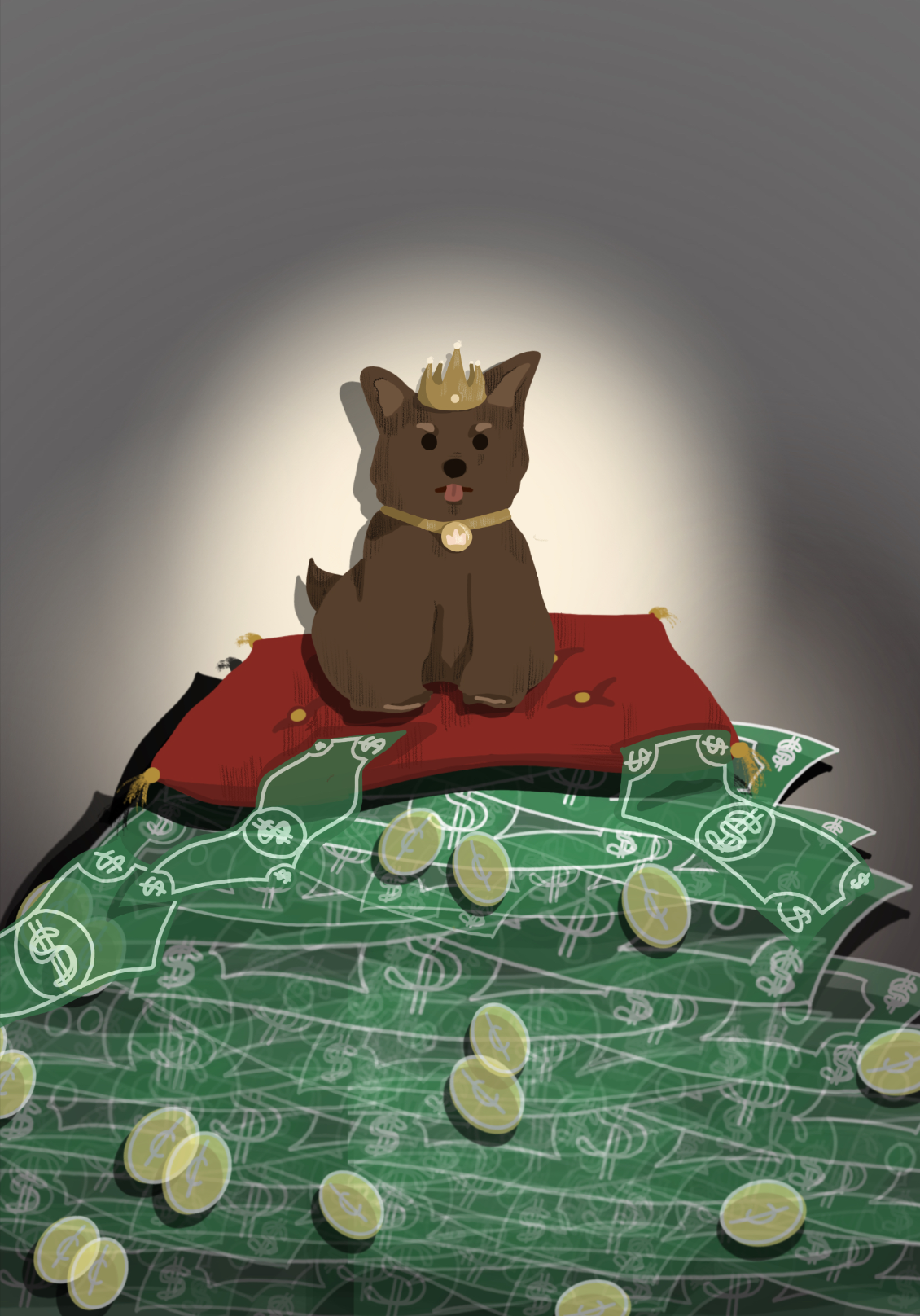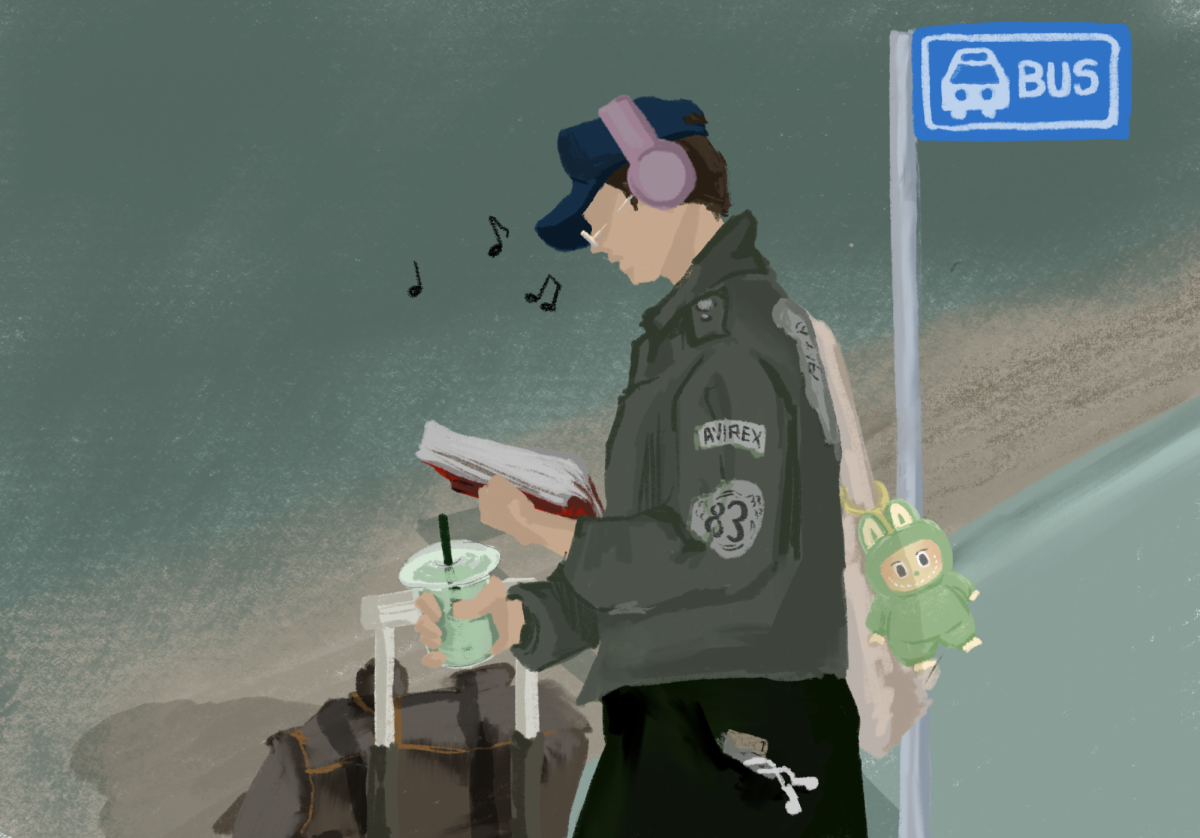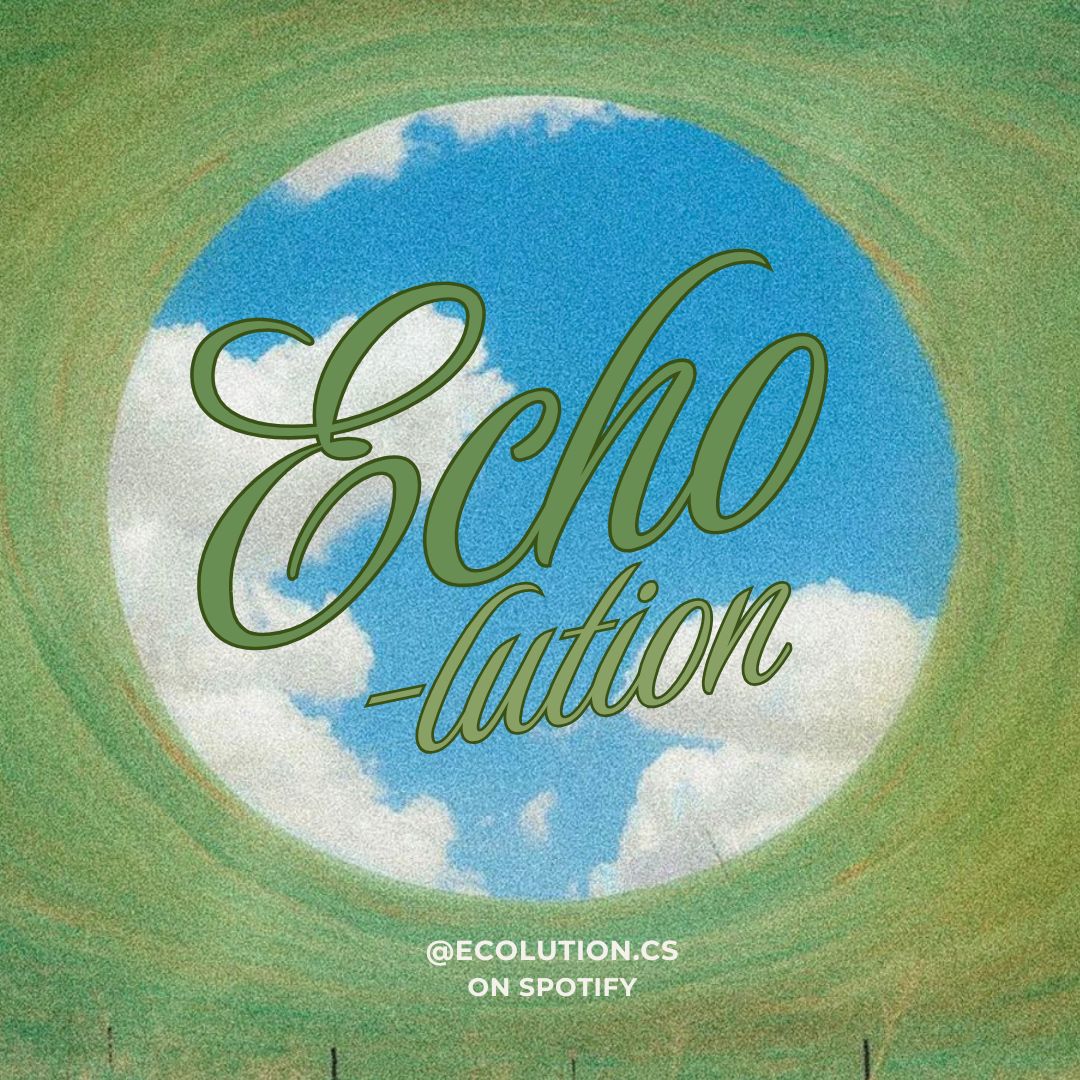
The number of animal owners in Korea skyrocketed over the past few years. By 2022, they comprised approximately one fourth of the population. From elaborate pet hotels to hand-made treats, the nation puts the spotlight on our furry friends. Naturally, pet related enterprises saw a tremendous rise to meet the demand.
Though convenient, these facilities pose problems due to their notably inflated prices. The excessive costs required to meet even the most basic needs lead pet owners to the point where they sacrifice personal funds. In fact, statistics indicate that as many as two-thirds of owners spend more money on their companions than themselves.
Youngjae Lim, the head of the pet café Coco & Jackson, shared his view on this modern trend: “A culture has emerged where young couples raise dogs together, leading to an increase in people living with dogs instead of having children. The birth rate is at its lowest in the world, but dogs are taking over in South Korea.” The lower birth rate appears to correlate with the surge in the number of pet-owning households, evident in the relationship between childbirth and the number of pet related facilities in recent years. As South Korea’s population steadily declines, the number of animal centers experience a significant increase.
Childless pet owners devote all their affection to their furry companions, which provides an overly extravagant lifestyle. For instance, dog shampoos that cost over 45,000 won and food bowls over 340,000 won gained hype at the beginning of the year. This phenomenon also sparked the rise of pet omakases where chefs craft special course meals for animals. Concerns over expensive pet services dominated the media for a while. Owners even faced disapproval for treating their animal friends better than family members.
However, fundamental needs such as medical checkups and basic supplies also prove to be a major obstacle for some. Owners in some cases fail to afford their pets and give up their possession or, even worse, abandon them. Seoul Economic News reported that Korea’s pet culture improved externally but remains systematically underdeveloped, with thousands of abandoned or unadopted dogs found each year.

Although problems arise from the pet market hype, dog lovers gladly spend their hard-earned income for their beloved companions. Ms. Bielec, a teacher in DIS voiced her opinion as an owner of 2 dogs and 1 cat. “It’s worth it. In Korea especially, most people consider them their children because they’re not having kids and basically the cost they would spend more on their dogs,” she said.
Pets provide significant benefits for our society. “With economic growth, the number of people working from their homes increased, resulting in more time they can spend with their companion animals. Dogs have become more than family members. A companion animal is my best friend, partner, and my everything,” said Lim. The unconditional love they provide often becomes a large psychological support to humans. Perhaps it is only natural that owners wish to pamper them with lavish products and services.
Still, animal lovers must not lose track of their expenditure, especially if the consequences end up hurting both the animal and the human. Overpriced services such as omakases, hotels, and care centers bombard our neighborhoods. Although sometimes one may resort to pet hotels because of travel or work, we should think twice when we contemplate our next big purchase. Cut back on expensive and unnecessary items, and simply go out to enjoy green fields and blue skies with your little buddy.

















































